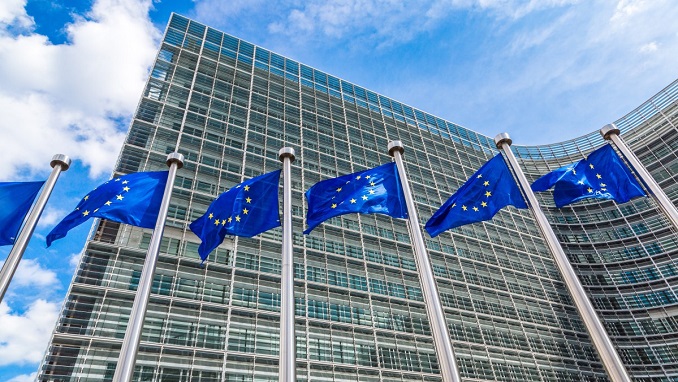Some European investors will be grateful if the sanctioning of Russian debt is part of the next set of Washington’s sanctions against Moscow.
According to Jan Dehn, the head of research at Ashmore Group, which manages $65 billion of emerging-market assets, “It would mean forced selling by Americans, a wonderful technical, which would be criminal not to exploit if you are a European investor. We would have to send a thank-you note to Donald Trump.”
A Treasury report is due by Jan. 29 and investors are analyzing the implications of sanctions on sovereign ruble bonds, a third of which are held by foreigners.
Most fund managers and analysts surveyed by Bloomberg don’t expect the U.S. will ultimately opt for such severe penalties. Still, some European investors are ready to pile into the high-yielding instruments in the event of a sell-off.
The U.S. sanctioned some of Russia’s biggest companies in 2014, banning investors from buying new bonds and shares from issuers including Rosneft PJSC and VTB Group as punishment for the Kremlin’s role in the Ukraine crisis.
While the move triggered a jump in the companies’ Eurobond yields, their borrowing costs have since dropped below the level before the sanctions were imposed.
“Value investors would buy the dip, just like when a number of Russian corporates were sanctioned a few years ago,” Dehn said.
Investors from Ashmore and Amundi Asset Management are also confident that the Russian central bank and Finance Ministry would step in to curb the declines.
The regulator “doesn’t exclude” purchases of local-currency sovereign debt to counter any potential fallout, central bank Governor Elvira Nabiullina said in December. Local banks could step into the market should foreigners depart, she said.












